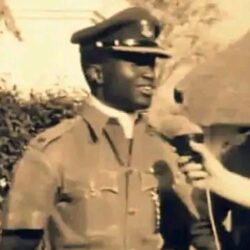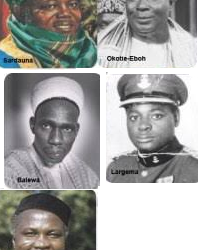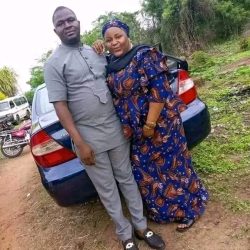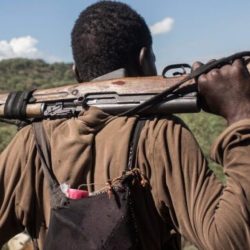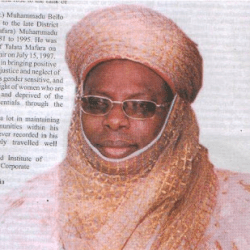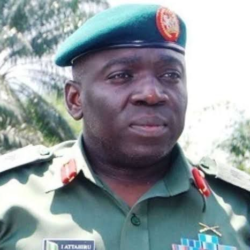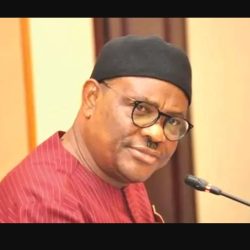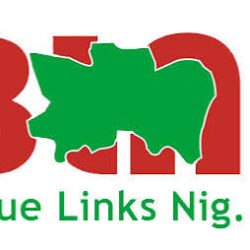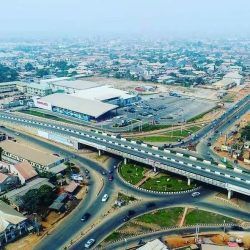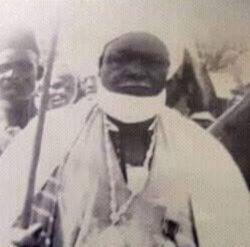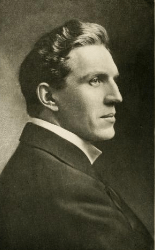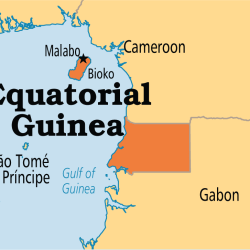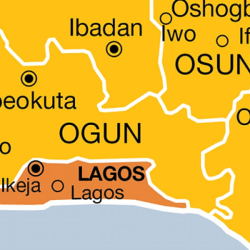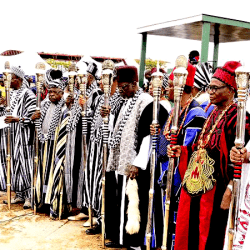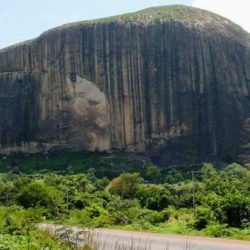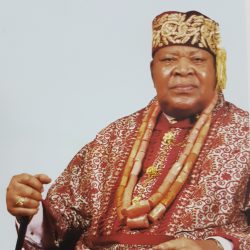The January 15, 1966 coup remains one of the most significant and tragic events in Nigerian history. Spearheaded by a group of young, radical military officers, this coup sought to uproot the existing power structure but plunged the nation into deeper ethnic and political strife. Among its most shocking incidents was the assassination of Sir Ahmadu Bello, the Premier of the Northern Region, and his first wife, Hafsatu Bello, by Major Chukwuma Nzeogwu. This article delves into the details of that fateful night, the motivations behind the coup, and its far-reaching consequences.
Historical Context
In the 1960s, Nigeria grappled with tensions fueled by its diverse ethnic and regional identities. Sir Ahmadu Bello, a prominent Northern leader, played a central role in shaping the country’s politics. His policy of “Northernization” aimed to promote Northern interests but sparked resentment in other regions, especially the East, where many viewed it as exclusionary.
Sir Ahmadu Bello’s BBC Interview
On April 19, 1964, Sir Ahmadu Bello gave a candid interview to the BBC, which revealed his apprehensions about the Igbo ethnic group. He accused the Igbos of monopolizing opportunities and dominating host communities while limiting access to their own region. These comments, though reflective of the era’s charged political climate, intensified ethnic tensions.
Bello’s interview painted the Igbos as a migratory people with a preference for dominating others. In response, many Igbo officers in the Nigerian Army perceived these remarks as a direct attack on their identity and ambitions. Among them, Major Chukwuma Nzeogwu would take the dissatisfaction a step further, contributing to the planning and execution of the January 15 coup.
Major Chukwuma Nzeogwu: Profile
Major Chukwuma Kaduna Nzeogwu, born in Kaduna to Igbo parents, was a charismatic and intelligent military officer. Fluent in English, Hausa, Igbo, and Gwari, he was known for his intellect, military prowess, and unwavering determination. As the chief instructor at the Nigerian Military Training College in Kaduna, he wielded significant influence over his subordinates.

While Nzeogwu is often accused of harboring ethnic bias, historical accounts suggest his motivations were more complex. His close friendship with Major Adewale Ademoyega, the only non-Igbo among the coup plotters, challenges the narrative of tribalism.
Planning of the January 1966 Coup
The coup, often described as Nigeria’s first military intervention, was orchestrated by a group of middle-ranking officers. The primary planners included:
- Major Emmanuel Ifeajuna – An Igbo from the Eastern Region.
- Major Chukwuma Nzeogwu – An Igbo from the Midwest Region.
- Major Chris Anuforo – An Igbo from the Eastern Region.
- Major Don Okafor – An Igbo from the Eastern Region.
- Major Adewale Ademoyega – A Yoruba from the Western Region.
Their stated objective was to end corruption, mismanagement, and tribalism in the Nigerian government.
The Assassination of Sir Ahmadu Bello
In the early hours of January 15, 1966, Major Nzeogwu led an attack on Sir Ahmadu Bello’s residence in Kaduna. Accounts of the night reveal a chilling sequence of events. When the coup plotters stormed the house, Hafsatu Bello, Sir Ahmadu Bello’s first wife, stood between her husband and the attackers. Her courageous act of shielding him, despite the danger, remains a testament to her loyalty and love.
Nzeogwu shot Sir Ahmadu Bello and Hafsatu Bello, killing them both. The younger wives of Sir Ahmadu Bello fled the scene, but Hafsatu’s sacrifice has been immortalized as an act of profound devotion.
Aftermath of the Assassination
Shortly after the killings, Nzeogwu and his men took photographs, including one that captured him laughing. This image, widely circulated, symbolized the cold, detached demeanor of the coup’s leaders. The photograph’s publication outraged many Nigerians, especially in the North, where it was seen as a mockery of their loss.
Wider Impacts of the Coup
The coup plotters assassinated prominent political and military figures across the country, including:
- Sir Abubakar Tafawa Balewa – Prime Minister of Nigeria.
- Samuel Ladoke Akintola – Premier of the Western Region.
- Brigadier Samuel Ademulegun and his pregnant wife, Latifat.
- Chief Festus Okotie-Eboh – Minister of Finance.
Of the 21 individuals killed, only one was Igbo, raising questions about the coup’s ethnic motivations. These deaths exacerbated regional tensions, setting the stage for future conflicts, including the Nigerian Civil War.
The Complexity of Nzeogwu’s Character
While some view Major Nzeogwu as a nationalist who sought to rid Nigeria of corruption, others see him as a ruthless figure driven by personal and ethnic grievances. His fluency in multiple languages and friendships with non-Igbos suggest a nuanced personality, but his actions during the coup reveal a darker side. The killing of Sergeant Daramola Oyegoke, who refused to murder civilians, exemplifies Nzeogwu’s uncompromising approach.
Other Key Figures and Actions
The roles of other coup plotters varied:
- Major Emmanuel Ifeajuna is often regarded as the mastermind but also the most radical among the group.
- Major Adewale Ademoyega, a Yoruba officer, refrained from killing, reflecting a more restrained approach.
- Major Chris Anuforo executed his orders with extreme brutality, including the killing of Brigadier Samuel Ademulegun and his wife.
Public Perception of the Coup
Reactions to the coup varied across regions. While many in the South initially celebrated it as a blow against corruption, Northerners mourned the loss of their leaders and viewed the event as an ethnic attack. These divergent perceptions deepened Nigeria’s regional divides.
The Role of Media and Misinformation
Media coverage of the coup played a significant role in shaping public opinion. Photographs of Nzeogwu laughing, coupled with sensational headlines, fueled outrage in the North. Over time, historical accounts of the coup have been revised, with newer perspectives shedding light on its complexities.
Lessons from January 15, 1966
The coup underscored the dangers of political corruption, ethnic tension, and military intervention in governance. It also highlighted the devastating consequences of using violence as a means to achieve political objectives.
FAQs
1. Who was Major Chukwuma Nzeogwu?
A Nigerian military officer and one of the key leaders of the January 15, 1966 coup.
2. Why did Nzeogwu kill Sir Ahmadu Bello?
The coup targeted prominent political figures, including Bello, whom the plotters accused of corruption and tribalism.
3. Was the 1966 coup ethnically motivated?
While the plotters claimed their goal was to address corruption, the killings disproportionately targeted Northern leaders, raising allegations of ethnic bias.
4. What happened to Nzeogwu after the coup?
He was arrested, imprisoned, and later released during the Nigerian Civil War. He died in 1967 during the conflict.
5. How did the public react to Hafsatu Bello’s death?
Her sacrifice was mourned, particularly in the North, where she is remembered as a symbol of loyalty and bravery.
6. What lessons can be drawn from the 1966 coup?
The coup underscores the dangers of ethnic tensions, political corruption, and the consequences of military intervention in politics.
